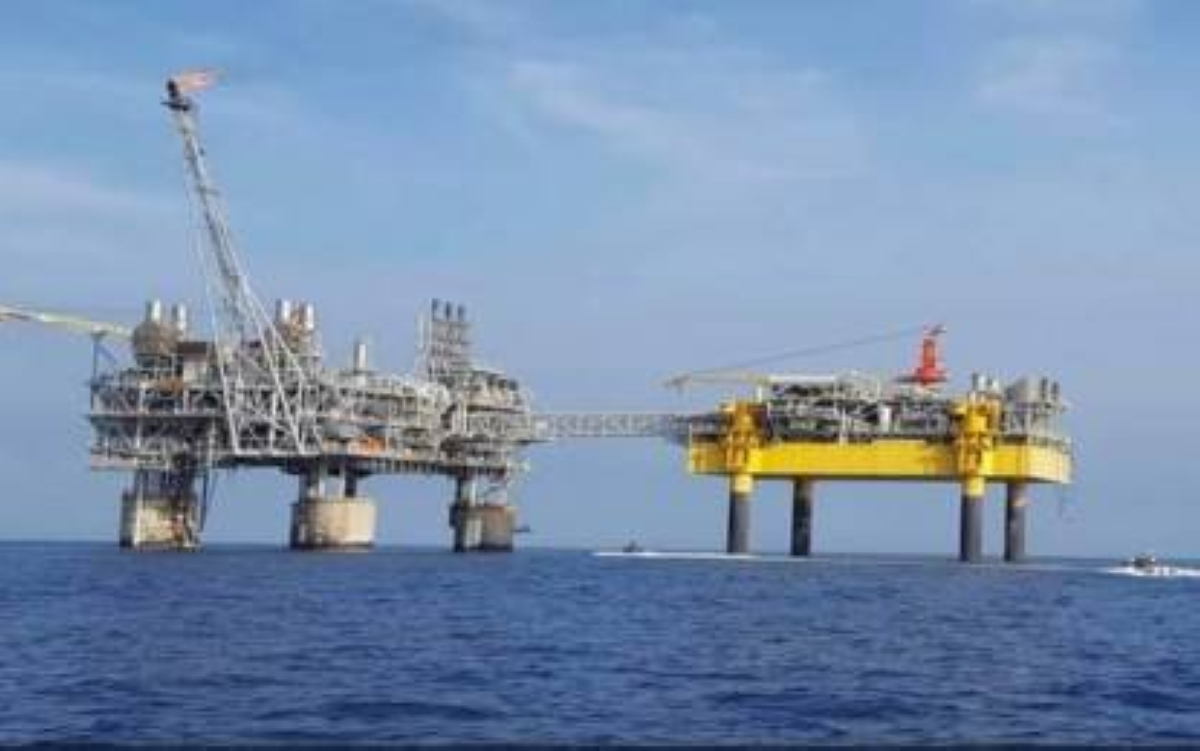The Senate Committee on Energy Technical Working Group has emphasized the importance of developing the natural gas industry in the Philippines. This development is seen as a critical step towards enhancing national energy security, reducing electricity costs, and creating more job opportunities for Filipinos. The committee believes that the growth of the natural gas sector will not only attract investments but also align with the government’s clean energy policies.
Senate Bill (SB) 2247, authored by Senator Rafael “Raffy” Tulfo, aims to promote the comprehensive and integrated legislative policies necessary for the rapid development of the Philippines’ natural gas sector. The bill’s urgency stems from the need to extend the lifespan of the Malampaya gas field, which has been supplying approximately 40 percent of the country’s natural energy needs since 2001.
During the Technical Working Group meeting on SB 2247, lawyer Gareth Tungol, special legal counsel of Senator Tulfo, highlighted the importance of prioritizing indigenous natural gas resources. The bill introduces a “priority” dispatch for indigenous natural gas, encouraging investments in the development of local gas resources. Tungol explained that this approach ensures that Filipino gas is given priority over imports, promoting domestic production and reducing reliance on external sources.
By prioritizing the development of local facilities and infrastructure, the Philippines aims to attract investments and generate employment opportunities. Tungol stressed that investing in importation should not be the first step, as it is more beneficial for the country to focus on utilizing its own resources. This strategy not only creates jobs but also attracts foreign investment, contributing to the overall growth of the economy.
The Department of Energy (DoE) has expressed its support for the development of the natural gas industry, recognizing its potential to promote growth in the power generation sector. Tungol emphasized that natural gas is a more environmentally friendly and cost-effective alternative to coal. Unlike coal-fired power plants, which require time to ramp up and adjust energy production, natural gas offers faster transitions and can quickly respond to changes in energy demand. In case of power shortages, the excess electricity from natural gas can be easily redirected to areas in need, as long as the grid is connected.
While the exact reduction in energy prices resulting from the implementation of the law is yet to be determined, Tungol assured that the goal of all energy bills is to drive down prices. Natural gas prices are expected to be less volatile compared to coal, providing a more stable and affordable energy source. Tungol emphasized that natural gas does not pose the same explosion risks as coal, making it a safer option for power generation.
Besides enhancing energy security, the development of the natural gas industry in the Philippines has a significant trickle-down effect on job creation. As investments flow into the sector, new job opportunities will be generated, benefiting the local workforce.
In conclusion, the development of the natural gas industry in the Philippines is crucial for enhancing energy security, reducing electricity costs, and creating job opportunities. Senate Bill 2247 aims to promote the comprehensive legislative policies needed to facilitate the rapid growth of the sector. By prioritizing indigenous natural gas resources and investing in local infrastructure, the country can attract investments, generate employment, and contribute to the overall economic growth. The Department of Energy’s support further underscores the potential of natural gas to promote cleaner and more sustainable power generation in the Philippines.







